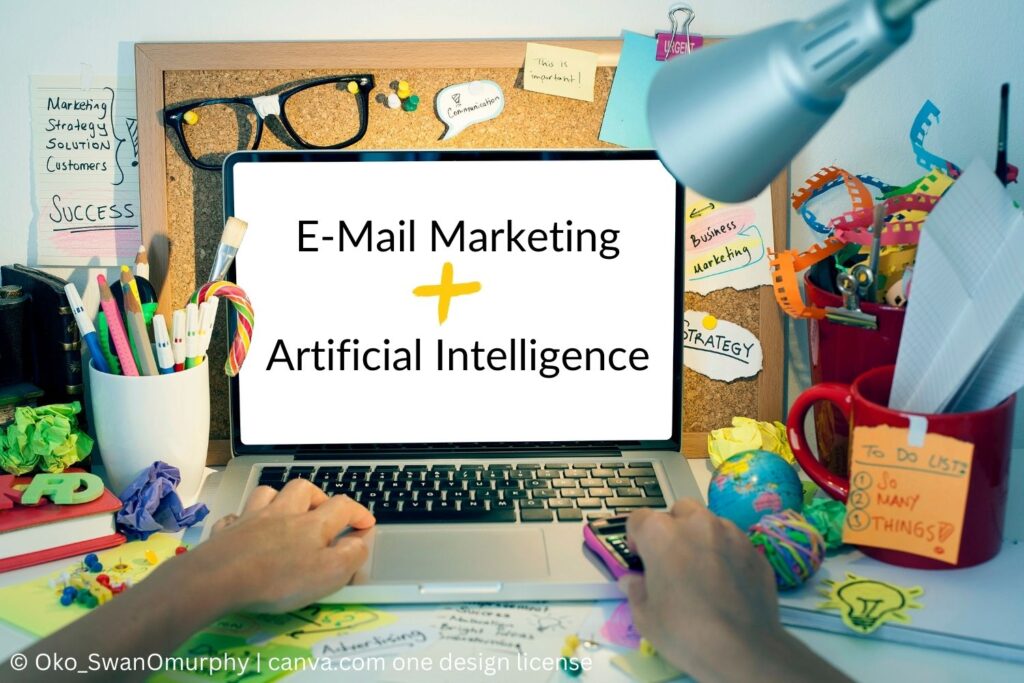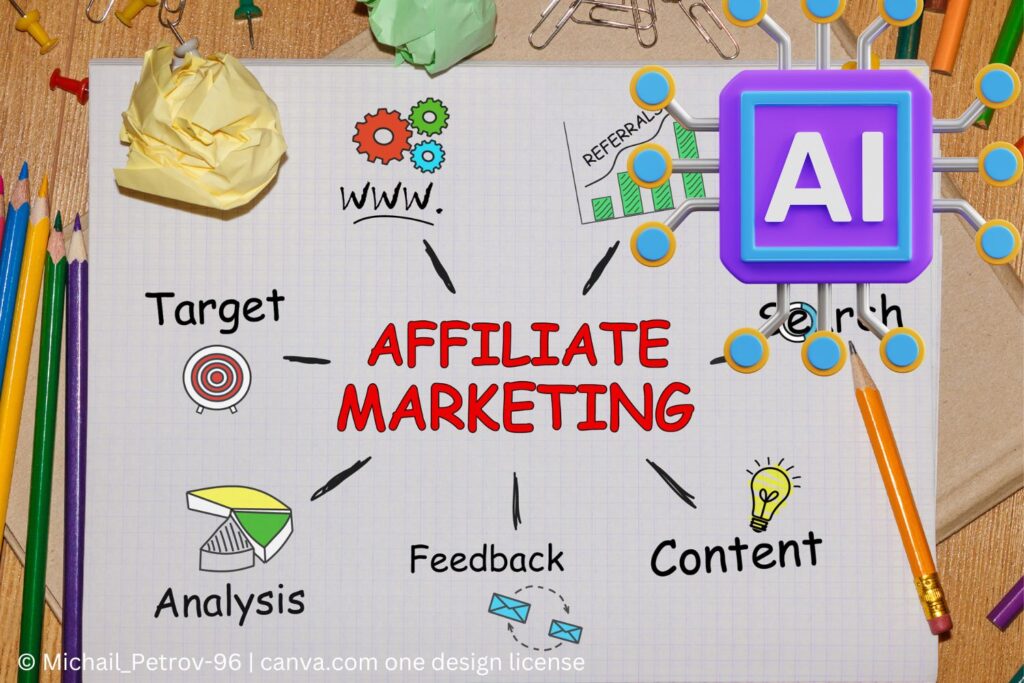Social Media Content Creation and Curation with AI
Creating unique and engaging content for social media platforms can be a time-consuming and daunting task for social media managers. However, AI-powered content creation tools are making this task easier. From writing captions and generating hashtags to creating visuals, AI tools can take over most of the content creation jobs, allowing social media managers to focus on more strategic tasks.
One of the most significant benefits of using AI-powered content creation tools is the ability to generate high-quality content quickly and efficiently. This is especially important for businesses that need to maintain a consistent online presence but may not have the resources to create content in-house.
AI tools can analyze data from social media platforms to determine what types of content are most popular among the target audience. This data can be used to create content that is more likely to be shared and engaged with by the audience. Additionally, AI tools can analyze the language used by the target audience and create content that is more likely to resonate with them.
AI-powered curation tools can also help social media managers find relevant content to share with their audience. These tools analyze traffic and engagement data to identify popular content in the industry, and curate it in a way that resonates with the social media accounts’ audience. As a result, social media managers can maintain a consistent flow of content that their audience loves, resulting in higher engagement rates and more followers.
Another advantage of using AI-powered curation tools is the ability to save time. Social media managers can spend hours searching for content to share with their audience. However, with AI tools, this process can be automated, freeing up time for other important tasks.
AI-powered curation tools can also help social media managers stay up-to-date with industry trends. By analyzing data from social media platforms, these tools can identify emerging trends and popular topics. Social media managers can then use this information to create content that is timely and relevant.
AI for Social Media Analytics and Insights
Overall, AI-powered content creation and curation tools are changing the way social media managers approach their jobs. By automating time-consuming tasks and providing valuable insights, these tools are enabling social media managers to create and curate high-quality content that resonates with their audience.
Social media analytics has become an essential aspect of digital marketing. With the increasing number of social media platforms and the vast amounts of data generated, it has become challenging for social media managers to keep track of their performance manually. This is where AI comes in handy.
AI-powered social media analytics tools can provide valuable insights into user behavior, preferences, and trends. These tools can analyze vast amounts of data in real-time, allowing social media managers to make informed decisions quickly. For instance, if a social media campaign is not performing well, AI-powered analytics tools can identify the cause of the problem and provide recommendations on how to fix it.AI-powered analytics tools can also help social media managers understand their audience better. By analyzing user behavior and preferences, these tools can segment audiences based on their interests, demographics, and other relevant data.
This information can then be used to personalize content and tailor marketing strategies to specific groups of audiences.In addition to analytics, AI-powered tools can also help social media managers automate repetitive tasks such as scheduling posts, responding to comments, and sending direct messages. This frees up time for social media managers to focus on more important tasks such as developing creative content and engaging with their audience.
Overall, AI-powered social media analytics tools are essential for social media managers to stay ahead of the competition. By providing valuable insights into user behavior and preferences, these tools can help develop effective marketing strategies that deliver better results.
Automating Social Media Management Tasks with AI
Social media managers have a lot of repetitive tasks that consume a considerable amount of their time, such as scheduling posts, responding to messages, and tracking engagements. With AI, these tasks can be automated, freeing social media managers to focus on other more important tasks.
AI-powered chatbots can help in responding to messages on social media. They use Natural Language Processing (NLP) to understand the context of the conversation and provide appropriate responses. This saves social media managers from answering every message manually while ensuring that customers get responses in real-time.
Furthermore, AI-powered chatbots can help in providing personalized responses to customers based on their previous interactions with the brand. This ensures that customers feel valued and appreciated, which can lead to increased loyalty and brand advocacy.
AI-powered scheduling tools can also provide recommendations for the best times to post content based on the analysis of engagement data. This helps social media managers to optimize their posting schedules for optimal performance, even as they handle other important tasks.
In addition, AI-powered scheduling tools can help in automating the process of creating and publishing content. By analyzing engagement data and customer behavior, these tools can generate content ideas and even create content automatically. This saves social media managers a lot of time and effort, while ensuring that the content is relevant and engaging.
Another way in which AI can help in social media management is through sentiment analysis. This involves analyzing social media conversations to determine the overall sentiment towards a brand or product. Social media managers can use this information to make informed decisions and to improve the customer experience.
Personalization and Targeting in Social Media Advertising with AI
Overall, AI has the potential to revolutionize social media management by automating repetitive tasks, providing personalized responses, optimizing posting schedules, automating content creation, and providing valuable insights through sentiment analysis. Social media managers who embrace AI will be able to focus on more important tasks, while delivering a better customer experience.
Personalization and targeting are two crucial aspects of social media advertising that can make or break a campaign. With the advent of AI-powered tools, social media managers can now take advantage of data-driven insights to deliver personalized content and targeted marketing campaigns that resonate with their audiences.One of the key benefits of personalization is that it helps to create a more engaging experience for users. By leveraging data on user behavior, interests, and preferences, social media managers can tailor their content to meet the unique needs of each individual user. This can lead to higher engagement rates, as users are more likely to interact with content that speaks directly to their interests.
In addition to personalization, AI can also help with targeted marketing. By analyzing user data, social media managers can identify patterns in user behavior and segment their audiences based on factors such as location, age, and interests. This allows them to create targeted marketing campaigns that are more likely to resonate with their intended audience.
For example, a social media manager for a fitness brand might use AI-powered targeting tools to identify users who have recently searched for workout gear or fitness classes in their area. They could then create a targeted ad campaign that showcases their latest fitness products or offers a discount on their fitness classes. By delivering targeted content to users who are already interested in fitness, the social media manager can increase the likelihood of conversion and drive more sales for the brand.
Overall, AI-powered personalization and targeting tools are essential for social media managers looking to stay ahead of the curve in today’s competitive digital landscape. By leveraging data-driven insights and delivering personalized content and targeted marketing campaigns, they can create a more engaging and effective social media presence that drives real results for their brand.
Conclusion
AI is revolutionizing social media management, and social media managers who embrace AI are more likely to excel in delivering results. From automating repetitive tasks to personalizing content and targeting specific audiences, social media managers stand to benefit from AI in their daily tasks. As the technology continues to evolve, the use of AI in social media management is expected to become even more widespread and impactful.


